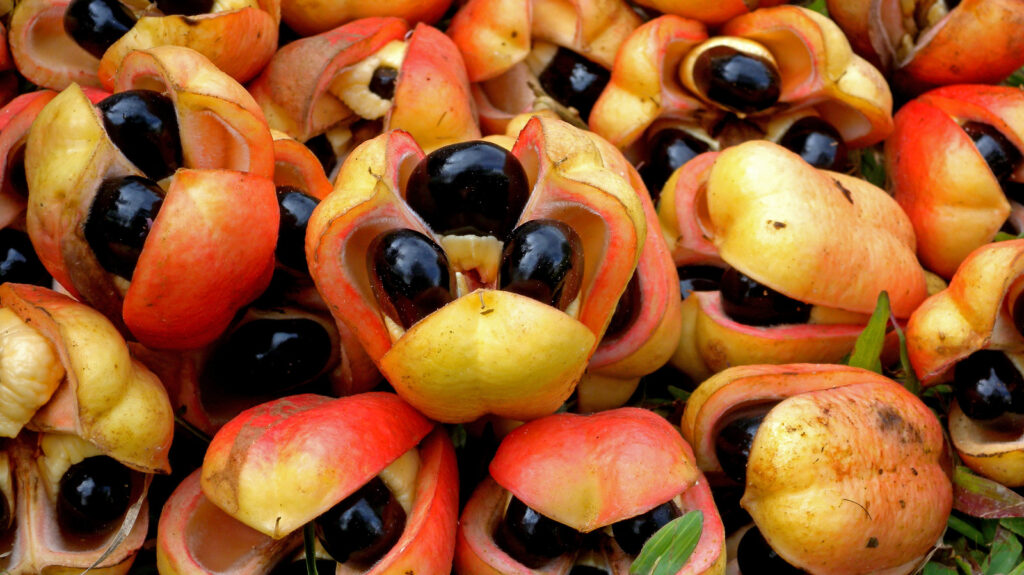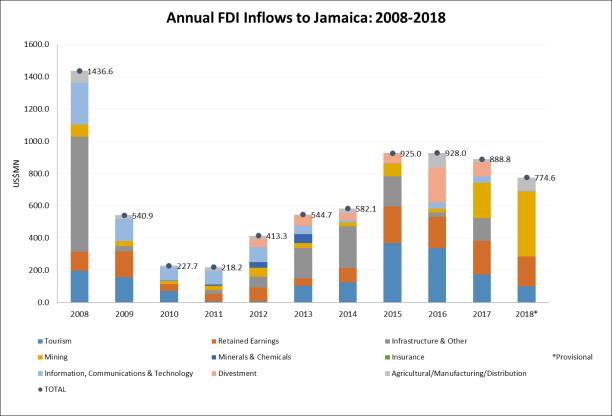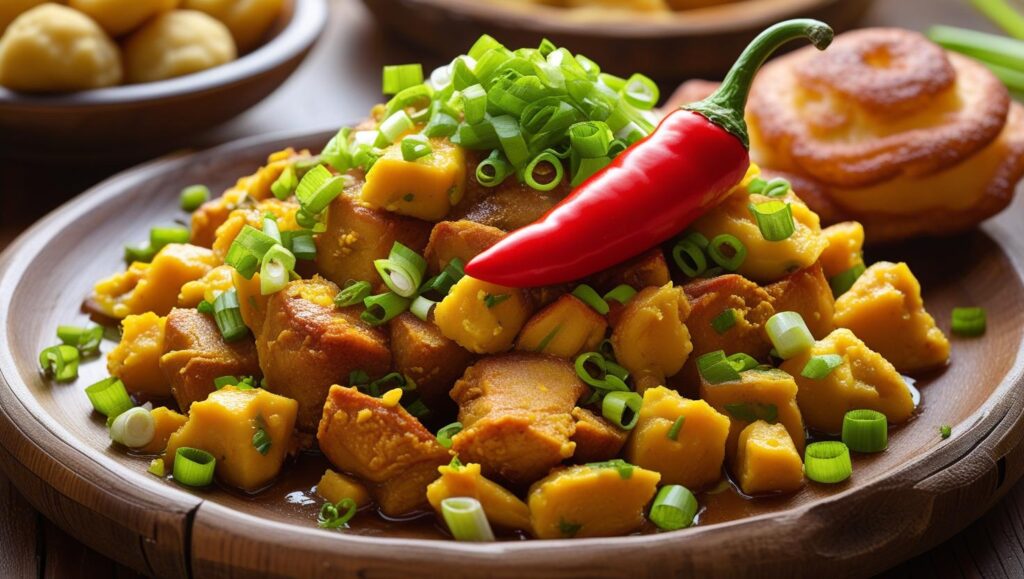Jamaica stands as the undisputed leading ackee producer in the world, transforming its national fruit from a cultural staple into a multimillion-dollar export industry. This dominance is built on a deep cultural history, stringent safety regulations, and a growing global appetite for the unique fruit, which is a cornerstone of the island’s national dish, ackee and saltfish. The industry, however, also faces modern challenges, including the impacts of climate change.

The Jamaican Ackee Industry
| Key Fact | Detail / Statistic |
| Global Production Leader | Jamaica is the only country that commercially produces ackee on a large scale for international trade. |
| Annual Export Value | Canned ackee exports generate significant revenue, reaching approximately US$24.9 million in 2022. |
| Primary Import Markets | The United States, United Kingdom, and Canada, driven by large Jamaican diaspora communities, are the top importers. |
| Strict Safety Oversight | Processors must adhere to a Hazard Analysis Critical Control Points (HACCP) system to control for the natural toxin, hypoglycin A. |
A Cultural Icon Fuels an Economic Engine
Native to West Africa, the ackee fruit (Blighia sapida) arrived in the Caribbean in the 18th century and has since become inextricably linked with Jamaican identity. While other Caribbean nations and parts of Florida grow ackee, none have commercialized it on the scale of Jamaica.
“Ackee is not just a crop for us; it is a part of our cultural heritage and a valuable export commodity that holds the key to our food security and economic prosperity,” said Floyd Green, Jamaica’s Minister of Agriculture and Fisheries, in a 2023 statement.
The economic impact is substantial. According to the Statistical Institute of Jamaica (STATIN), the industry is a vital source of foreign exchange. The sector supports a complex value chain, from small rural farmers who cultivate the trees to the workers in processing plants and the logistics network that ships the final product overseas. The government, through its New FACE of Food Initiative, has identified ackee as a priority crop for export expansion, aiming to establish organized orchards to boost production.

Overcoming Regulatory Hurdles
Jamaica’s journey to becoming the leading ackee producer was not without significant challenges. The fruit contains a potent toxin, hypoglycin A, when unripe. Consuming improperly prepared ackee can cause “Jamaican Vomiting Sickness,” a serious condition characterized by hypoglycemia that can be fatal.
This health risk led the U.S. Food and Drug Administration (FDA) to impose an import alert in 1973, effectively banning the product from the lucrative American market for decades.
In response, a coalition of Jamaican government bodies, including the Bureau of Standards Jamaica (BSJ), and private sector groups like the Jamaica Exporters’ Association (JEA), developed a rigorous safety protocol. This system, which includes meticulous monitoring of the fruit’s ripeness and processing standards, convinced the FDA to lift the ban for approved processors in 2000. Today, the FDA maintains a “Green List” of Jamaican companies that have demonstrated effective food safety controls.
“The approach involved the implementation of the then-novel food safety system, Hazard Analysis Critical Control Points (HACCP), in all exporting processing plants,” explained a report from Technological Solutions Limited, a key firm involved in developing the safety protocols. This system ensures that only naturally ripened arils, with the toxic seeds and red membrane removed, are processed and canned.

Challenges and Future Growth
Despite its success, the Jamaican ackee industry faces persistent threats. Climate change presents a significant challenge, with more frequent and intense weather events like droughts and hurricanes threatening crop yields. Farmers, particularly smallholders who form the backbone of the industry, are vulnerable to these shifts.
Furthermore, while the diaspora remains the core market, there is a push to introduce the ackee fruit to a wider international audience. Its creamy, savory flavor profile makes it a versatile ingredient for a variety of culinary applications, including vegan and vegetarian dishes where it serves as an egg substitute.
“The global demand for top-quality crops like… ackee is on the rise,” notes a publication by Jamaica Promotions Corporation (JAMPRO), the national trade and investment promotion agency. The organization highlights that Jamaica’s strong brand and favorable agronomic conditions position it to meet this growing interest.
The future of Jamaica’s status as the leading ackee producer will depend on its ability to adapt to environmental pressures while continuing to innovate and expand its market reach. The nation’s success story serves as a case study in how a country can leverage a unique cultural product, overcome significant regulatory barriers through scientific rigor, and build a thriving global industry.
Australia’s Monopoly on Riberry Production Highlights Growth and Challenges in Native Foods Sector
